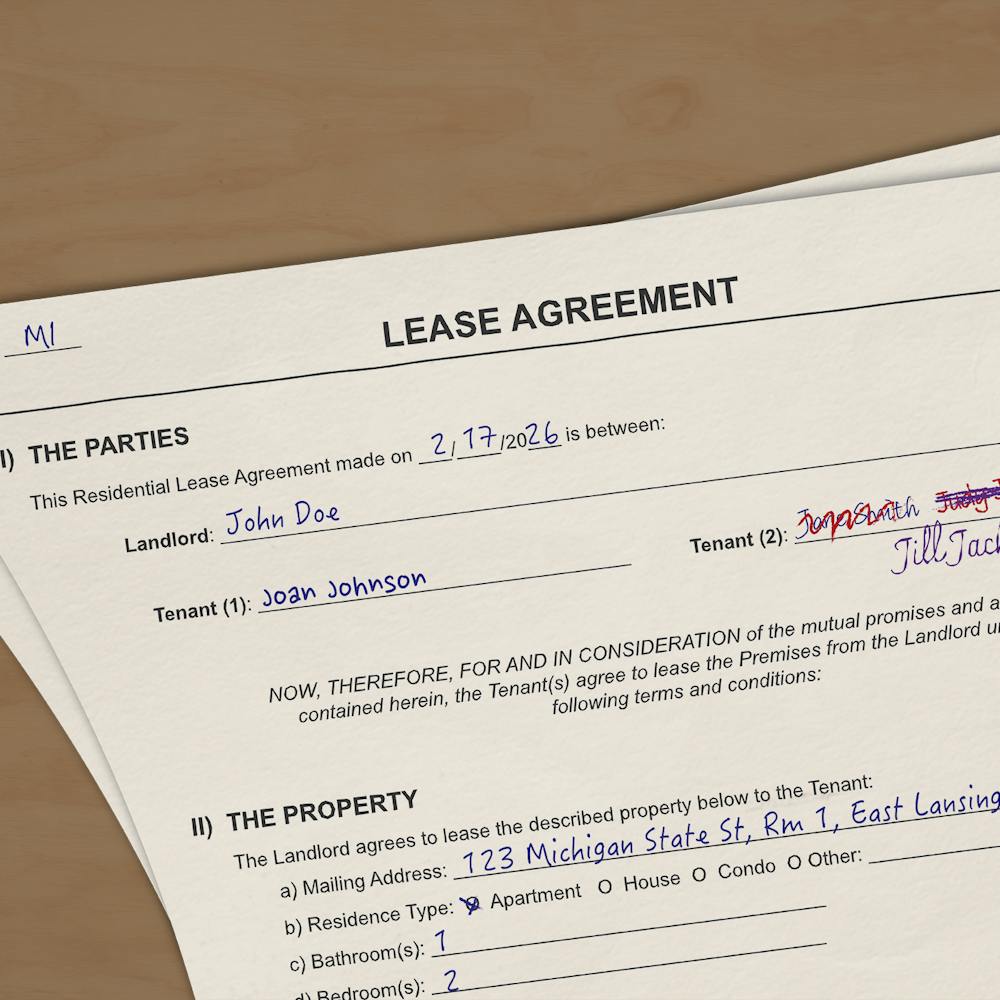A recently released study suggests women, in particular those in their late teens and early 20s, experiment more and are more open about same-sex encounters than men.
According to the survey, which was conducted in 2002 but released this year by the Centers for Disease Control's National Center for Health Statistics, 11.5 percent of the 7,643 women ages 18 to 44 who were interviewed said they have had at least one sexual experience with another woman.
Among those surveyed were 4,923 men, and 6 percent in their late teens and 20s said they have had a same-sex encounter.
The CDC used 12,571 in-person interviews, and all participants volunteered and used audio and computer-assisted, self-interviewing.
Sociology graduate student Julie Hartman said the numbers exhibited for men indicate a large social trend that is occurring.
"I would hope that over time, men will be able to express themselves the same and have the same freedom," she said. "I think now we are very homophobic and caught up in masculinity, so it may be some time before that stigma is cleared."
Although societal inequalities can be taken into account, biological differences between males and females should also be considered, said Craig Kinsley, professor of neuroscience at the University of Richmond.
The ability of the brain to rearrange the connections of neurons throughout the body is different between males and females, Kinsley said. A man's brain will shut down, essentially closing the mind to new experiences, but monthly hormonal changes in a woman's brain allow them to be more open.
"People want to blame something modern — breakdown of family, too many liberals in the Senate," he said. "This is too specific to explain something like this."
Hartman is currently conducting her own research concerning issues of identity for women who consider themselves bisexual, and said MSU's bisexual community has difficulty finding its place in the lesbian, gay, bisexual and transgender community as a whole.
"It is a displaced community," Hartman said. "There is myth of being promiscuous, disease carriers, you are riding the fence and you can't decide. People tend to make assumptions whether you are gay or straight and forget that (bisexuality) may be an option."
Microbiology and social relations senior Lauren Beach identifies as bisexual and said although the study sheds light on a smaller community, the findings are misconstrued.
"It's unreasonable that the study measures bisexuality counting sexual encounters with another woman," she said. "It seems to negate the relationship aspect. They should be asking if they identify as bisexual (rather) than categorize them by their behavior and deciding to impose that label upon them."
But English senior and State News columnist Erik Green said he finds comfort in the results.
"It gives me hope that the people in our generation are a lot more open, tolerant and willing to be honest about their sexuality," Green said. "People are experimenting but feeling more comfortable exposing that. It is good news."






